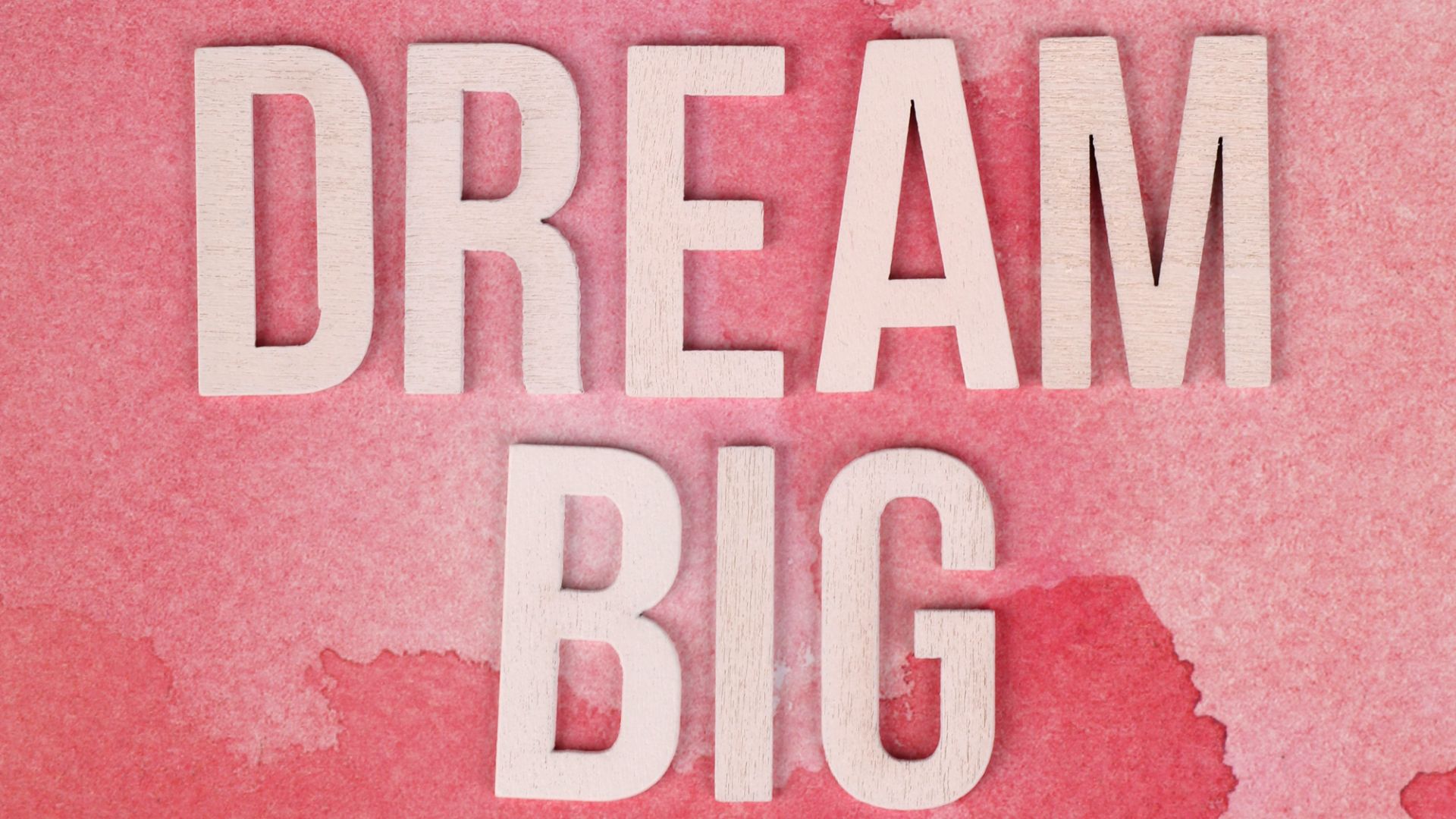Nobody really knows the true cause of behaviour. Humans are so wonderful in the way that they can walk talk and think at the same time, but these thoughts can’t be scientifically studied. So, there are different approaches to exactly why we behave. Some people choose to basically ignore the fact we think at all, others decide we behave completely because of them.
You can however, study how people behave. Take memory, for example. Memory is well studied, and although you can’t directly see how the memories are made, you can use experiments to infer this, The Cognitive Approach did this. The Cognitive Approach’s ideas are used widely in modern day Psychology. From this way of looking at behaviour, the world has gained CBT (cognitive behavioural therapy) and the working memory model, which is an idea of how your memory works*. It would be wrong to suggest that this approach is the only approach, or the ‘right’ approach, but the Cognitive Approach does focus on internal processes, e.g., your thoughts. So, this article is based on this approach.
The idea of schemas is suggested as a way for your brain to store and make sense of lots of information. Schemas are parcels of ideas and information in your head and they are built up by all the experiences you have in your life. They are like little mental filing cabinets that file away information into the right section. They act as a basis for how you interpret everything. For example, when someone asks you what a house looks like, you might think of a house with a triangle roof. But, if you asked someone who lived in the Middle East, they might think of a house with a flat roof. Both are houses, but you will think of what you are used to. That is because your schema holds information from your experiences, making it easily accessible. The things you have experienced more recently, will be more easily obtained as they are fresher in your head – the metaphorical file is closer on the shelf. Your schema can affect how you interpret situations. The information goes into your head and your schema changes the information to fit into the right categories and make sense. If a piece of information does not fit with your schema, it is thought to be forgotten. This could mean that how you interpret an event, might not be how someone else has interpreted it and might be completely inaccurate.
But where is the evidence? Loftus and Palmer (1974) conducted an experiment for people to watch a clip of a car crash and asked them then to describe how fast the car was going. There were 5 different groups of people, and they were given a different verb in the question – ‘about how fast were the cars going when they hit/collided/bumped/smashed/contacted?’. The people who had the verb ‘smashed’ estimated a speed about 10 mph higher than the verb ‘contacted’. The person’s schema of each word is associated with different speeds. This shows how just one piece of information can completely change your memory. Your memory also changes whenever you speak to someone. Fiona Gabbert (2003) did an experiment using a sample of 60 university students and 60 older people. Participants watched a video of a crime (a girl stealing a wallet) filmed from different points of view and were then either tested individually or in pairs (only one of the pair had witnessed the crime accurately). They then had a discussion on what happened in the video. 71% of the participants in the pairs group mistakenly recalled aspects of the event that they had not seen in the video but had picked up from the discussion. When there was no discussion, there was 0% of false information.
So, what does this mean? You can’t always trust your brain. So if you are looking in the mirror, thinking that you can’t do something, or that you aren’t good enough, just remember that your brain doesn’t always tell you the truth. And so, if you say you can’t, you won’t. And if you say it’s bad, it will be. But I am here to tell you right now, you can. If you have failed before, don’t sit in the guilt of you not achieving what you wanted. Try again. You can. Don’t doubt that. Because if you say you can, you will. Chase the rainbows not the rain. And please, do not insult yourself by putting yourself in a box. Appreciate everything you can do and everything you can’t. There is a place for you wherever you end up. And if you don’t see that yet, it just means you have a little further to walk.
* this is not an extensive list, there are many more.




